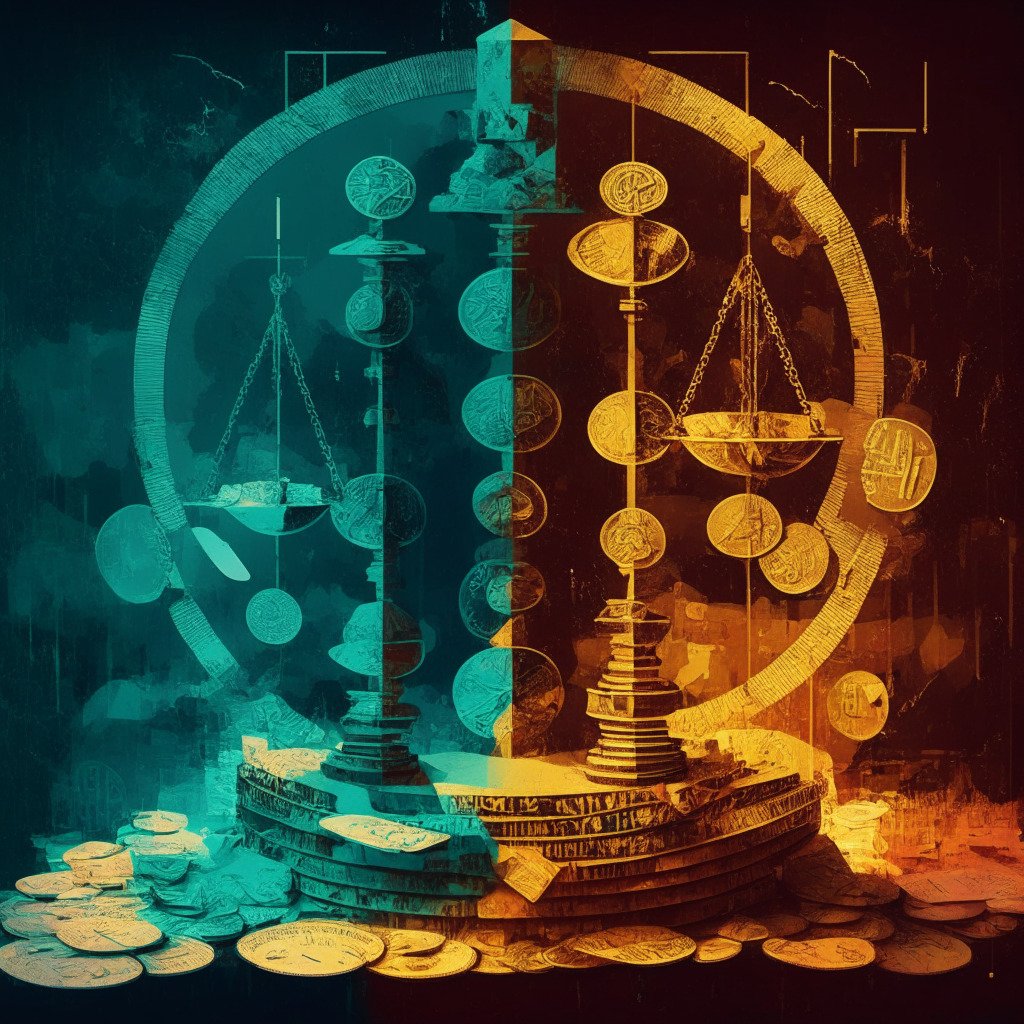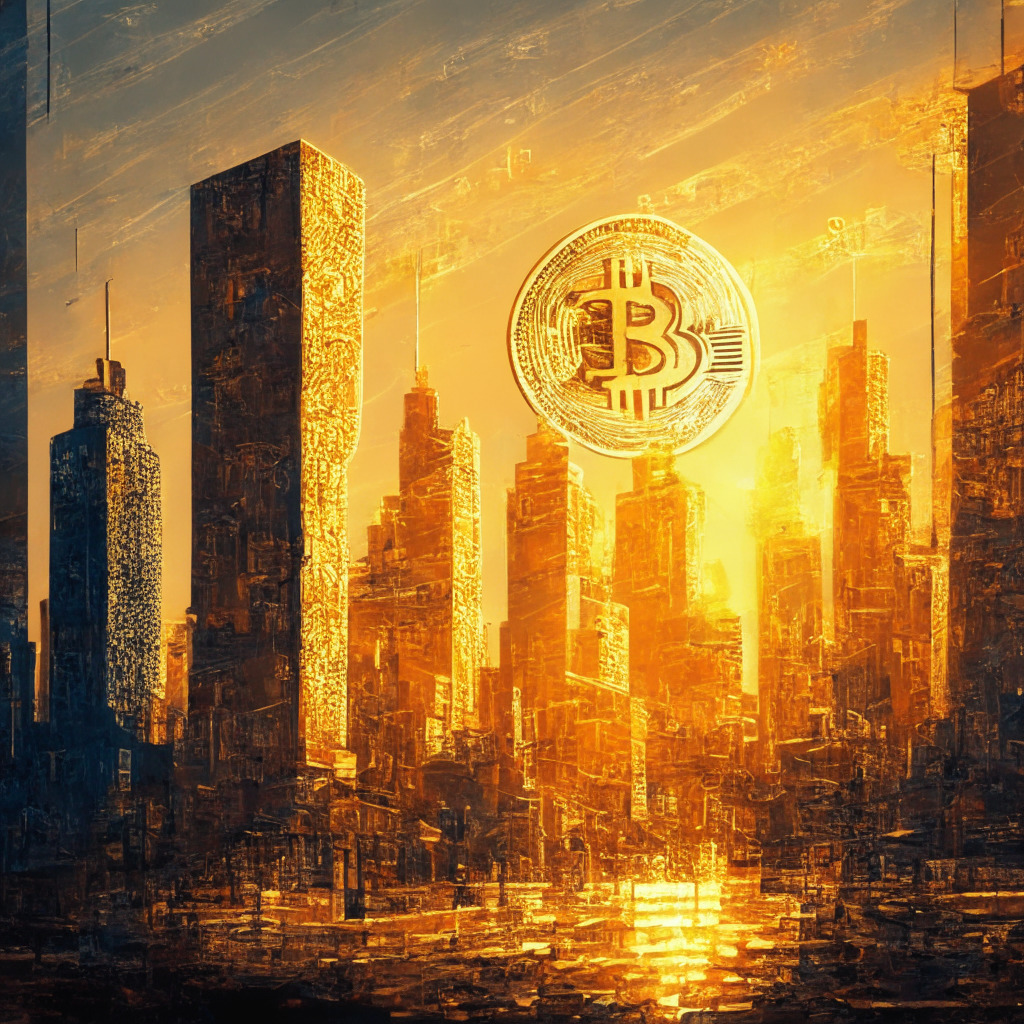Federal Reserve Chairman Jerome Powell has announced that the central bank will “skip” a round of rising interest rates, leaving market analysts to ponder the implications of this statement. Despite the Federal Reserve keeping interest rates steady at around 5% for the first time in over a year, there are indications that further hawkish rate increases may happen, possibly as early as July, in order to cool the economy. Powell acknowledges that inflation appears to be easing; however, some argue that his decisions might be causing more harm than good.
Powell’s decisions are shaping monetary policy during a tumultuous period as the global economy recovers from a pandemic and faces a regional war disrupting the supply of vital resources such as wheat and oil. Inflation recently reached a 40-year high of over 9%, and the Fed’s experimental measures are causing ripple effects through the economy in various ways. Critics claim that the Federal Reserve’s financial engineering contributed to the collapse of three US banks – including the second-largest bank failure in US history – by driving down the value of US Treasury bonds.
Ordinary citizens are feeling the effects of these monetary policy changes. A recent WalletHub survey reports that two in five people claim that the Fed’s rate hikes are forcing them into debt and jeopardizing their jobs. Additionally, the survey projects that consumers will face an extra $33.4 billion in interest charges over the next year due to the cumulative rate hikes.
Furthermore, although data may reflect a slight decrease in inflation, people are reporting higher costs for essential items such as groceries and healthcare. Chairman Powell admits that reducing inflation to the Fed’s 2% target will be a gradual process, but he believes that the right conditions for this are forming.
It is also interesting to examine the impact of this situation on cryptocurrency adoption. While some Bitcoin advocates argue that government mismanagement or incompetence could drive people towards cryptocurrencies, adoption in the US appears to be limited. For instance, Bitcoin traded flat during the recent US debt default debate, suggesting that it was not treated as a hedge in this case.
However, the situation differs in other parts of the world. In countries like Turkey and Argentina, Bitcoin adoption is increasing as their national currencies suffer high inflation rates. This situation indicates that the role of cryptocurrencies as “hard money” largely depends on the specific currency in question.
In conclusion, Jerome Powell’s decision to “skip” a round of rising interest rates has stirred debate among market analysts and highlighted the challenges of navigating monetary policy during such critical times. While some may argue that the Federal Reserve’s actions have worsened the situation, others contend that these measures will help stabilize the economy in the long run. Regardless of the outcome, the relationship between traditional economic systems and cryptocurrencies will remain an intriguing topic for years to come.
Source: Coindesk




